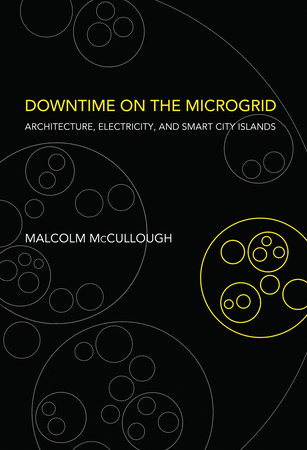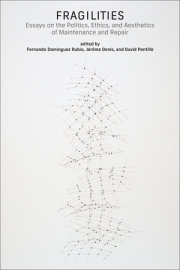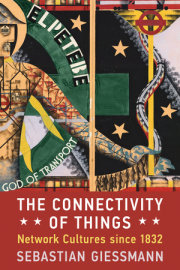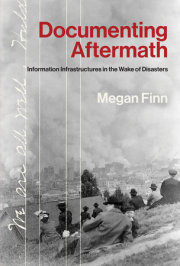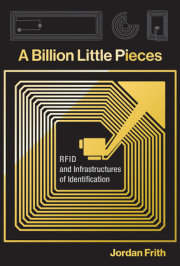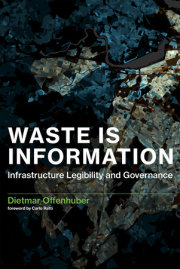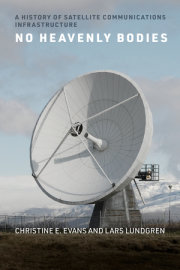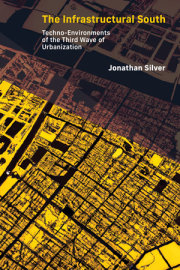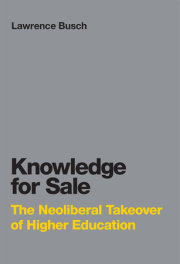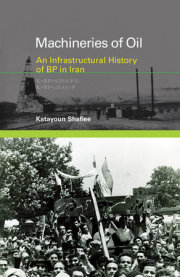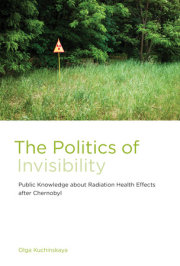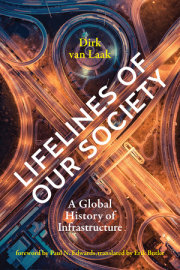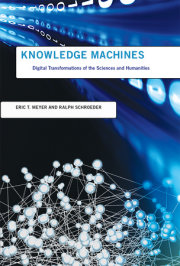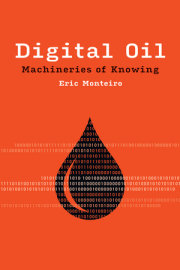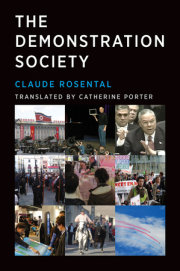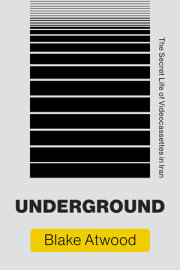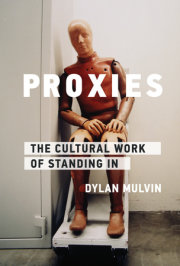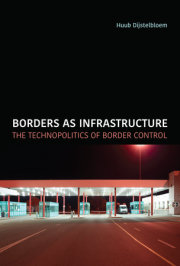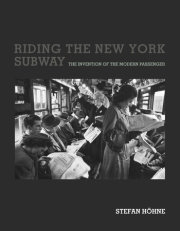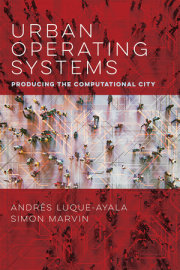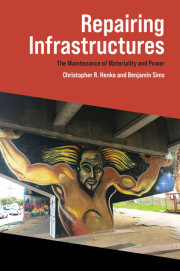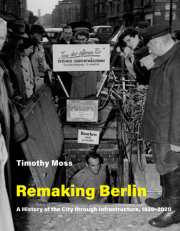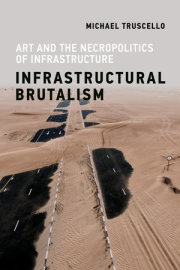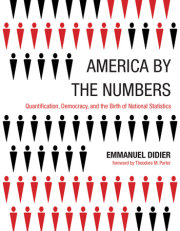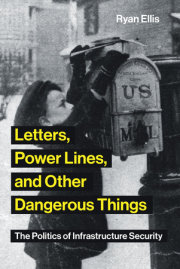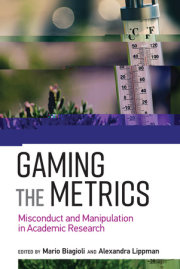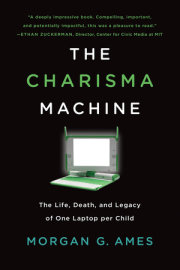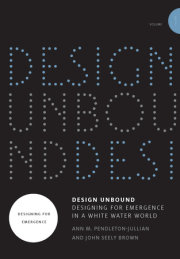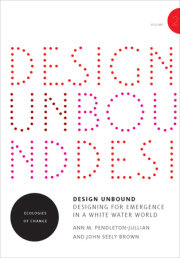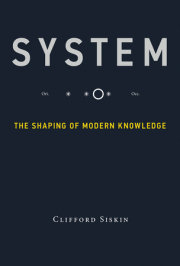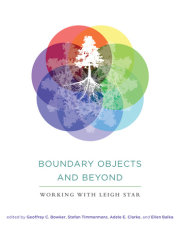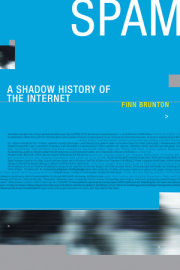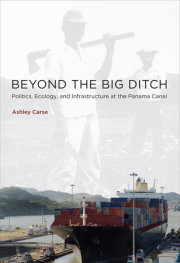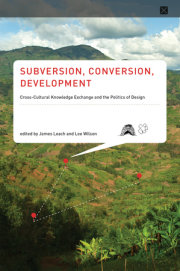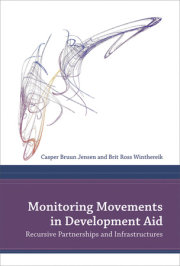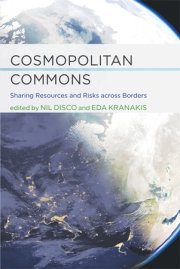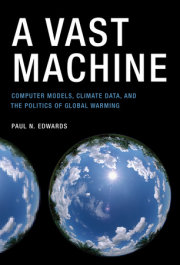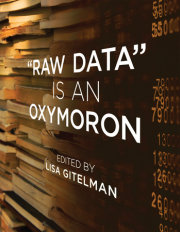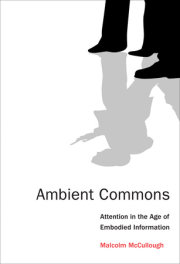Something good about the smart city: a human-centered account of why the future of electricity is local.Resilience now matters most, and most resilience is local—even for that most universal, foundational modern resource: the electric power grid. Today that technological marvel is changing more rapidly than it has for a lifetime, and in our new grid awareness, community microgrids have become a fascinating catalyst for cultural value change. In Downtime on the Microgrid, Malcolm McCullough offers a thoughtful counterpoint to the cascade of white papers on smart clean infrastructure. Writing from an experiential perspective, McCullough avoids the usual smart city futurism, technological solutionism, policy acronyms, green idealism, critical theory jargon, and doomsday prepping to provide new cultural context for a subject long a favorite theme in science and technology studies.
McCullough describes the three eras of North American electrification: innovation, consolidation, and decentralization. He considers the microgrid boom and its relevance to the built environment as “architecture's grid edge.” Finally, he argues that resilience arises from clusters; although a microgrid is often described as an island, future resilience will require archipelagos—clusters of microgrids, with a two-way, intermittent connectiveness that is very different from the always-on, top-down technofuture we may be expecting. With Downtime on the Microgrid, McCullough rises above techno-hype to find something good about the smart city and reassuring about local resilience.

